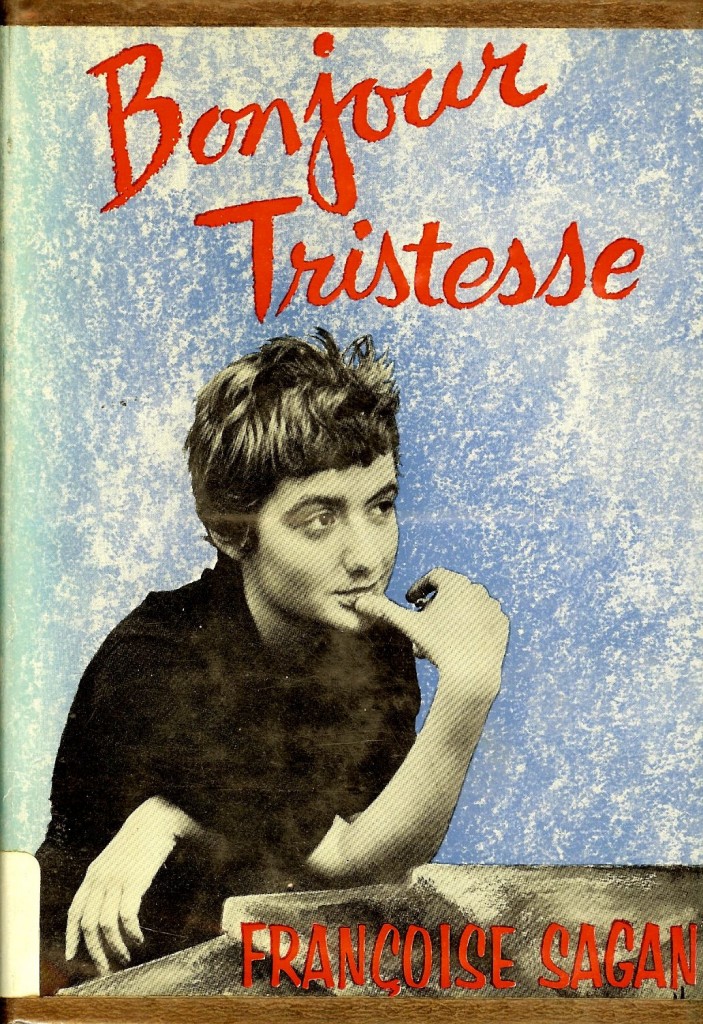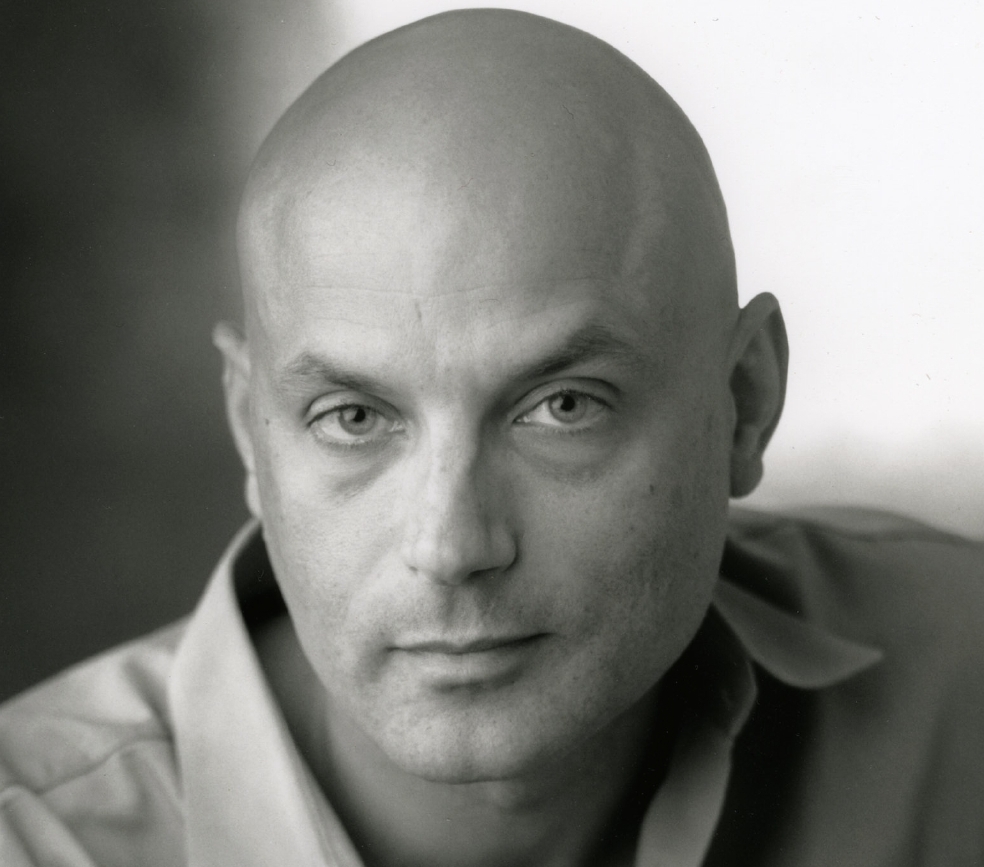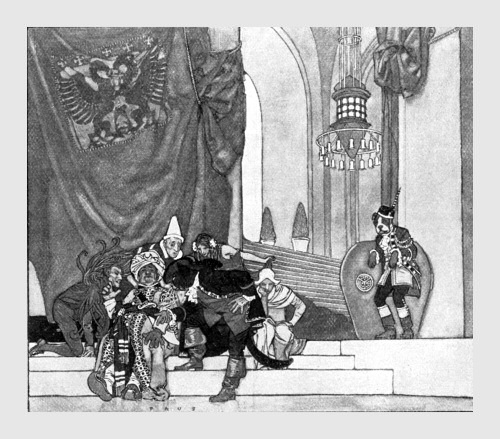This was a bit of a strange choice for the list. While Thackeray was, and still is to some extent, one of the most prominent Victorian novelists (two of his other books are also on this program), this book, a collection of comic pieces written for the legendary Punch magazine, has not, judging by what is available for sale on the used book websites, been reprinted much going back to about 1900. My copy of the book is a 1999 edition put out (in English) by a German publishing house, Konemann, based out of Cologne. The IWE, in its characteristic enigmatic fashion, promotes the selection by observing that "Thackeray enjoyed writing humor and fancied himself as a humorist but was not so good in the field as he supposed. The Book of Snobs is his best humorous writing but is not in a class with his novels." There is some truth in this critique--Thackeray did not have the extreme natural talent for humor of a Dickens or a Fielding and at times he is noticeably straining for an effect more than would be evident in those other writers--but this book really is quite funny, if somewhat repetitive, it has considerable value as an unusually informal portrait by a top rank writer of the society of the time, and it has the benefit as well of being relatively unknown and not beaten to death through being manhandled by everybody in the Western world with a humanities degree. It also calls to mind the great periodical writings of the 18th century, The Spectator (which for better or worse was the impetus for me to start blogging), The Tatler, The Rambler, and so on, which rank among the most enjoyable things I have ever read. So I liked this a lot, though it is not without some problems which must be acknowledged.
Even though he denounces American slavery several times, he uses the "n"-word every time he refers to people who are dark-skinned, whether they are American slaves, or Othello. It's his default word for black people. Perhaps this is one of the reasons why the book is generally always out of print. There is also a brief reference to Disraeli and Sir Robert Peel, the Prime Minister at the time who was of the opposite party, which is innocuous enough to read if you are not aware of the house politics of Punch, but there is a footnote which explains that "there were campaigns at the time to remove disabilities on Jews, but Punch was far from sharing this liberal opinion..." It should also be noted that this book contains illustrations drawn by Thackeray himself, and in the same footnote regarding this Disraeli item, it states that "Thackeray added one of his more regrettable illustrations to this item (not reproduced in the present edition)."
p. 86 One more rather insensitive section to take note of (it is The Book of Snobs after all). From the chapter 'A Little About Irish Snobs": "I think the shams of Ireland are more outrageous than those of any country. A fellow shows you a hill and says, 'That's the highest mountain in all Ireland;" or a gentleman tells you he is descended from Brian Boroo, and has his five-and-thirty hundred a year...or ould Dan rises and says the Irish women are the loveliest (ed--there is a case to be made that this is true), the Irish men the bravest, the Irish land the most fertile in the world: and nobody believes anybody." The shots at Ireland seem a little cruel considering that the country was enduring mass starvation and depopulation at the very time this was being written. But I have noted a similar indifference to this crisis in other famous English writers of this period, Ruskin, etc.
p. 150 On visiting the country: "Do you suppose that an agreeable young dog, who shall be nameless (ed--he is peaking of himself), would not be made welcome? Don't you know that people are too glad to see anybody in the country?"
p. 155-6 In an interlude characteristic of the Spectator, the author publishes a charming letter which he claims came from a girl in the north of England asking him whether she might be a snob or not. It contains a number of nice details about how the family always got the magazine on Sunday and would tear it open in the carriage on the way home from church and that sort of thing.
p. 162 Referring to an episode in a popular society novel of the era called Ten Thousand a Year, about a gentleman who has experienced a decline in his fortunes: "It is about seven o'clock, carriages are rattling about, knockers are thundering, and tears bedim the fine eyes of Kate and Mrs Aubrey as they think that in happier times at this hour--their Aubrey used formerly to go out to dinner to the houses of the aristocracy his friends. This is the gist of the passage...What can be more sublime than the notion of a great man's relatives in tears about his dinner?"
p. 163 The great Mr Goldmore, the East India Director, on hearing that a friend had had dinner at the house of a lawyer acquaintance of theirs who was known to have no practice: "'What! Do they give dinners?' He seemed to think it a crime and a wonder that such people should dine at all, and that it was their custom to huddle round their kitchen-fire over a bone and a crust."
"Snob" by the way is not exclusively used in the book in the manner in which we use it, but it refers to everyone who buys into any of these absurd value systems and social customs, even if one is himself is not in a position where he is benefiting from them.
p. 202 On poor Mr Sackville Maine, who sounds like me: "He agreed in everything everybody said, altering his opinions without the slightest reservation upon the slightest possible contradiction."
Belonging to a "club", is something that, whenever I read anything about them, I always feel like I ought to do. I lack gravity (gravitas?), somehow, which I feel like is one of the things holding me back from qualifying for admittance to a club, but there is no reason why I should to such a socially crippling extent. At the same time the country clubs seem to be begging for members now, so maybe I could get in, but would the quality of the bar and the lounge or the library (assuming they have one?) really be the same (once they started letting people like me in)?
p. 207 "What a deal of vanity that club mirror has reflected, to be sure!"
The Bourgeois Surrender Challenge
There are a lot of upsets available in the qualifying for this one, so matchups will be everything in the early rounds.
1. Donna Tartt--The Secret History............................................................................3,592
2. Anthony Bourdain--Kitchen Confidential..............................................................2,952
3. Julia Child--Mastering the Art of French Cooking................................................1,265
4. Phillipa Gregory-Tidelands.......................................................................................883
5. MacColl & Wallace--To Marry an English Lord......................................................687
6. Julian Fellowes--Snobs.............................................................................................653
7. M. C. Beaton--Snobbery With Violence....................................................................208
8. M. C. Beaton--Minerva: The Six Sisters Book I........................................................142
9. Elizabeth Hayley--Sex Snob.......................................................................................120
10. Marion Chesney--Hasty Death..................................................................................81
11. Garry Wills--The Future of the Catholic Church With Pope Francis........................69
12. Jeffrey Steingarten--It Must Have Been Something I Ate...........................................45
13. A. O. Scott--Better Living Through Criticism............................................................37
14. Stephen T. Um--Why Cities Matter.............................................................................35
15. Julian Fellowes--Society Rules: Two Novels: Snobs and Past Imperfect....................24
16. Aeschylus--Four Plays................................................................................................24
Round of 16
#16 Aeschylus over #1 Tartt
Here we go right off the bat with an almost impossible match-up between one of the more acclaimed books of the last thirty years having to square off against, well, Aeschylus. As an IWE author Aeschylus gets a more or less free passage into the semifinals under the rules of this game unless he encounters a book which has any immunity of its own, but Tartt, making her first appearance in the tournament, did not have that here.
#2 Bourdain over #15 Fellowes
The late Bourdain, besides being a celebrity author, also comes in armed with an upset. However, Fellowes is only half-eliminated, since the first volume of the book eliminated here also qualified in its stand-alone version.
#14 Um over #3 Child
Child is a classic as well but I'm probably not going to read a two volume cookbook as part of my program here.
#13 Scott over #4 Gregory
I eliminate genre books, which qualify for this game a lot, whenever I can. Do you what kind of books almost never qualify for this? Popular history and other non-fiction titles from the 1945-1990 era, which is a class of books I am partial to.
#5 MacColl & Wallace over #12 Steingarten
Obviously this is the result of having an upset card.
#6 Fellowes over #11 Wills
I am a little concerned that I have too many novels winning in this contest lately (though looking over the recent winners I would say that only about half of them actually are novels), but my interest is piqued by this Snobs book, which is also fairly short.
#10 Chesney over #7 Beaton
So now I am finding out that Marion Chesney and M.C. Beaton are the same person, or rather were, as this author of many names passed on last December 30th at the age of 83. Both of the books in this contest are part of a series of "Edwardian Murder Mysteries".
#8 Beaton over #9 Hayley
Beaton had a upset to deploy here, maintaining her formidable presence in the tournament.
Super 8
#2 Bourdain over #16 Aeschylus
Bourdain has a second upset to carry him past the goliath Aeschylus into the Final Four. But he has spent them all now.
#5 MacColl & Wallace over #14 Um
To Marry an English Lord came in armed with a double-barrel of upsets as well. Do you think I really want to read this?
#6 Fellowes over #13 Scott
I was interested in the Scott book--I like the short introductory videos on classic films he used to do on the New York Times website--but Fellowes looks to be the better received book.
#8 Beaton over #10 Chesney
It's a toss-up. Minerva has the better cover.
Final Four
#2 Bourdain over #8 Beaton
Bourdain doesn't need an upset to finally oust the pesky Beaton/Chesney from the tournament.
#6 Fellowes over #5 MacColl & Wallace
Championship
#6 Fellowes over #2 Bourdain
Bourdain triumphed over Fellowes in the first round, but he is not able to overcome him twice and falls in a very competitive final.















































